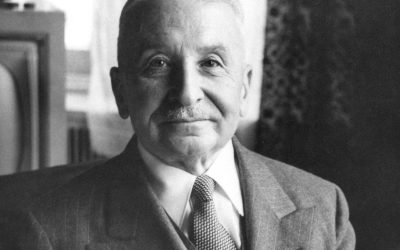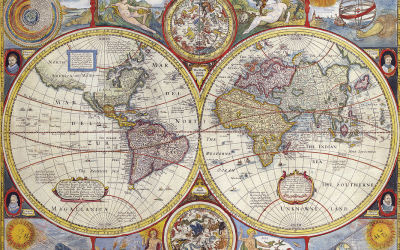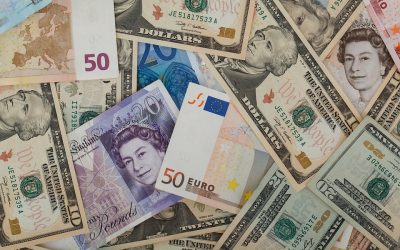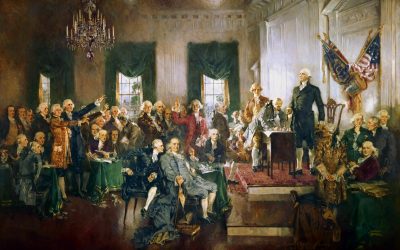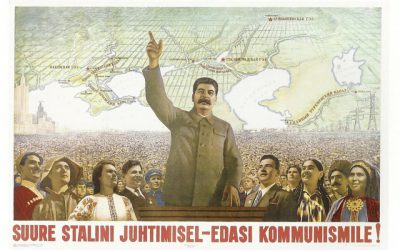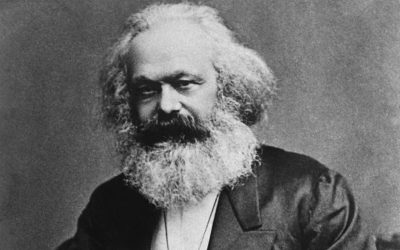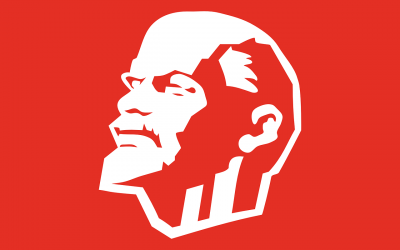The prerequisite for more economic equality in the world is industrialization. And this is possible only through increased capital investment, increased capital accumulation. You may be astonished that I have not mentioned a measure which is considered a prime method...
Ludwig Von Mises
Foreign Investment: The Problem of Domestic Capital Accumulation (4 of 5)
What is lacking in order to make the developing countries as prosperous as the United States is only one thing: capital-and, of course, the freedom to employ it under the discipline of the market and not the discipline of the government.
Foreign Investment: Expropriation of Foreign Capital (3 of 5)
Foreign investment is made in the expectation that it will not be expropriated. Nobody would invest anything if he knew in advance that somebody would expropriate his investments. At the time when these foreign investments were made in the nineteenth century, and at...
Foreign Investment: A Great Historical Event of the 19th Century (2 of 5)
Without capital investment, it would have been necessary for nations less developed than Great Britain to start with the methods and technology the British had started with at the beginning of the 18th century, and slowly try to imitate what the British had done.
Foreign Investment: Standard of Living and Capital Investment (1 of 5)
The amount of capital invested per unit of the population is greater in the so-called advanced nations than in the developing nations.
Inflation: Unemployment and Inflation (5 of 5)
In 1936, in his General Theory of Employment, Interest and Money, Lord Keynes unfortunately elevated this method--the emergency measures of the period between 1929 and 1933--to a principle, to a fundamental system of policy. And he justified it by saying, in effect:...
Inflation: Labor Unions and Wages (4 of 5)
If inflation is bad and if people realize it, why has it become almost a way of life in all countries? Even some of the richest countries suffer from this disease. The United States today is certainly the richest country in the world, with the highest standard of...
Inflation: John Maynard Keynes vs. The Gold Standard (3 of 5)
The government may think that inflation--as a method of raising funds--is better than taxation, which is always unpopular and difficult. In many rich and great nations, legislators have often discussed, for months and months, the various forms of new taxes that were...
Inflation: The Myth of the “Price Level” (2 of 5)
When people talk of a "price level," they have in mind the image of a level of a liquid which goes up or down according to the increase or decrease in its quantity, but which, like a liquid in a tank, always rises evenly. But with prices, there is no such thing as a...
Inflation: An Increase in the Quantity of Money (1 of 5)
If the supply of caviar were as plentiful as the supply of potatoes, the price of caviar--that is, the exchange ratio between caviar and money or caviar and other commodities-would change considerably. In that case, one could obtain caviar at a much smaller...
Interventionism vs Capitalism: The Myth of the “Third-way” (4 of 4)
The idea that there is a third system — between socialism and capitalism, as its supporters say — a system as far away from socialism as it is from capitalism but that retains the advantages and avoids the disadvantages of each — is pure nonsense.
Interventionism vs Capitalism: A Historical Example (3 of 4)
Analyzing interventionism during the First World War in Germany and England.
Interventionism vs Capitalism: The Price Control (2 of 4)
Let us consider one example of interventionism, very popular in many countries and tried again and again by many governments, especially in times of inflation. I refer to price control. Governments usually resort to price control when they have inflated the money...
Interventionism vs Capitalism: On The Proper Role Government (1 of 4)
A famous, very often quoted phrase says: "That government is best, which governs least." I do not believe this to be a correct description of the functions of a good government. Government ought to do all the things for which it is needed and for which it was...
Socialism: Inability of Economic Calculation (4 of 4)
The fact is that economic calculation, and therefore all technological planning, is possible only if there are money prices, not only for consumer goods but also for the factors of production.
Socialism: Central Planning vs The Freedom to Plan (3 of 4)
The socialist system, however, forbids this fundamental freedom to choose one’s own career. Under socialist conditions, there is only one economic authority, and it has the right to determine all matters concerning production. One of the characteristic features of our...
Socialism: Class Warfare vs. Harmony of Interests (2 of 4)
In a capitalist society, there is continuous mobility—poor people becoming rich and the descendants of those rich people losing their wealth and becoming poor.
Socialism: Freedom vs. Slavery (1 of 4)
The idea of government as a paternal authority, as a guardian for everybody, is the idea of those who favor socialism.
Capitalism: Capital and Wages (3 of 3)
The capitalist system was termed “capitalism” not by a friend of the system, but by an individual who considered it to be the worst of all historical systems, the greatest evil that had ever befallen mankind. That man was Karl Marx.
Capitalism: Opposition from the Intellectuals (2 of 3)
In spite of all its benefits, capitalism has been furiously attacked and criticized. It is necessary that we understand the origin of this antipathy.
Like this content? Subscribe to support our work — it's free.
Read by students, professors, and citizens, Capitalism Magazine provides over 9,000 free to read articles and essays from pro-reason, individual rights perspective. 100% independent.
No spam. Unsubscribe anytime.

